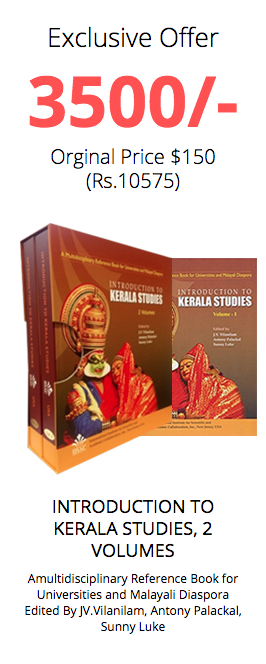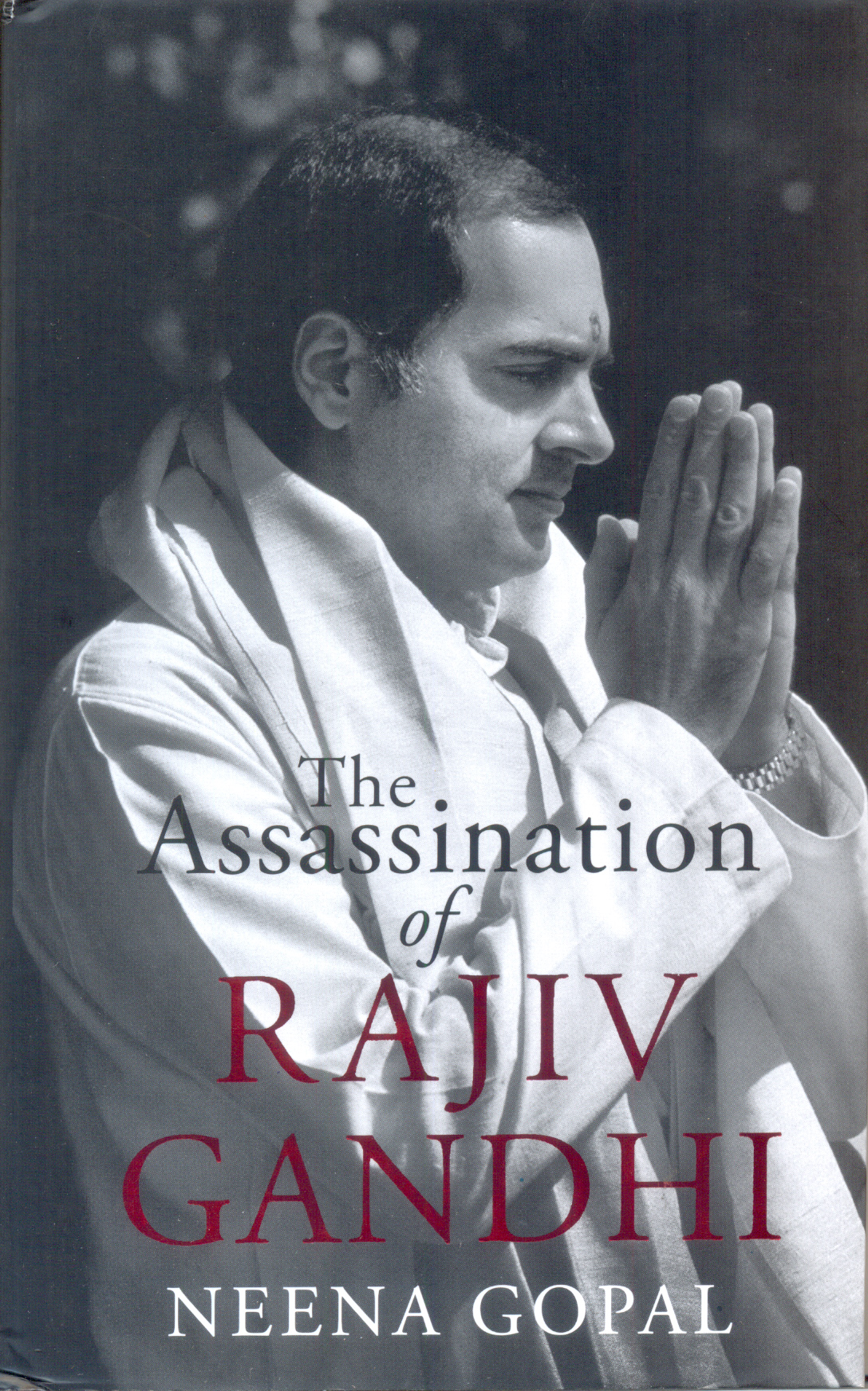
The Assassination of RAJIV GANDHI
499.00₹ 380.00₹
On 21 May 1991, journalist Neena Gopal had finished just one part of an interview with Rajiv Gandhi—the last of his life—when his car reached the election rally at Sriperumbudur. Moments later, Rajiv Gandhi was dead, blown up by suicide bomber Dhanu, irrevocably changing the course of Indian politics, as Neena Gopal, just yards behind him, watched in horror. In this gripping, definitive book, Gopal reconstructs the chain of events in India and at the LTTE’s headquarters in Sri Lanka where the assassination plot was hatched, and follows the trail of investigation that led to the assassins being brought to justice. Drawing on extensive interviews, research and her own vast experience as a journalist, she deftly establishes the background—the shortsightedness of India’s Sri Lanka policy; the friction between the intelligence agencies and between the agencies and the external affairs ministry; the many warnings that went unheeded; and the implacable hatred that LTTE supremo Prabhakaran felt for Rajiv Gandhi. Bringing all these complex threads together, Gopal takes us step by step to Sriperumbudur as Rajiv Gandhi walked inexorably to his death on that tragic May evening twenty-five years ago
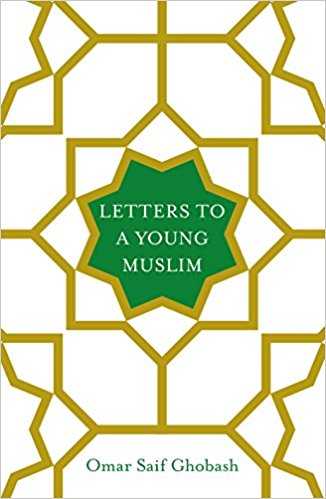
LETTERS TO A YOUNG MUSLIM
499.00₹ 380.00₹
Omar Saif Ghobash was born in 1971 in the United Arab Emirates-thesame year the country was founded-to an Arab father and a Russianmother. After a traumatizing experience losing his father to a violent attackin 1977, when he was only six years old, Ghobash began to realize thesevere violence that surrounded him in his home country. As he grewolder, eventually being appointed as the UAE Ambassador to Russia in2008, he began to reflect on what it means to be a Muslim, establishing amoral foundation rooted in the belief of the hard grind that is the crux ofspiritual and practical living.This book is the result of the personal exploration Ghobash went throughin the years after his father’s death. The new generation of Muslim’s istomorrow’s leadership, and yet many are vulnerable to taking the violentshortcut to paradise and ignoring the traditions and foundations of Islam.The burning question, Ghobash argues, is how moderate Muslims willunite and find a voice that is true to Islam while actively and productivelyengaging in the modern world.Letters to a Young Muslim will explore how Arabs can providethemselves, their children, and their youth with a better chance ofprosperity and peace in a globalized world, while attempting to explain thehistory and complications of the modern-day Arab landscape and how theyounger generation can solve problems with extremists internally,contributing to overall world peace
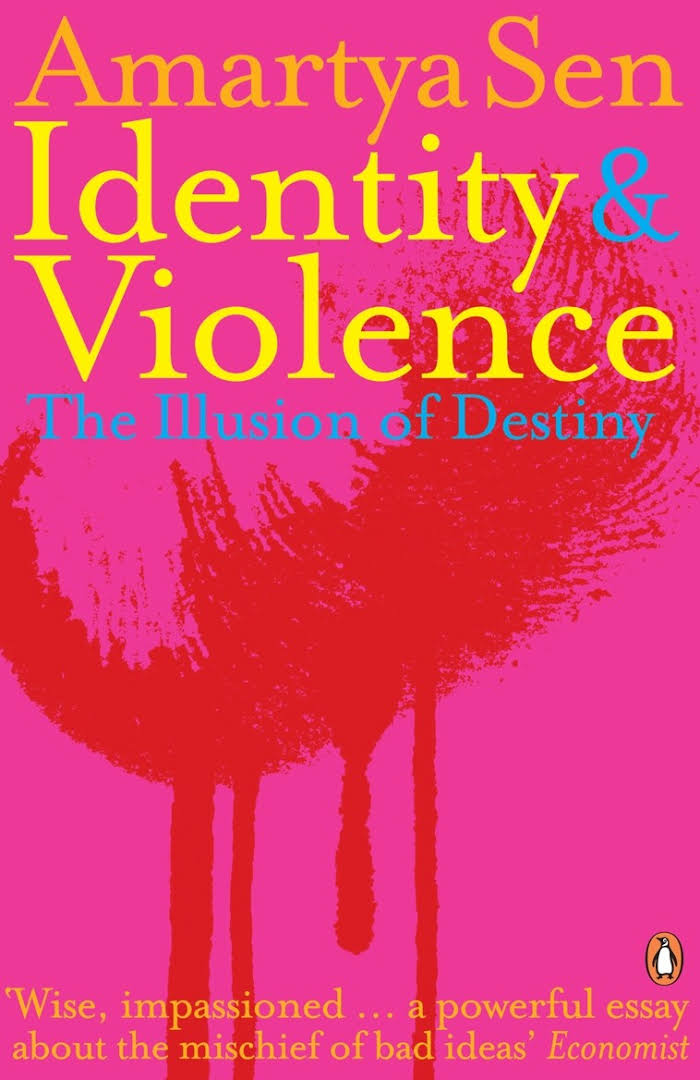
Identity & Violence The Illusion of Destiny
499.00₹ 380.00₹
The world may be more riven by murderous violence than ever before, yet Nobel Laureate Amartya Sen argues in this sweeping philosophical work that its brutalities are driven as much by confusion as by inescapable hatred.
Sen argues in his new book that conflict and violence are sustained today, no less than the past, by the illusion of a unique identity. Indeed, the world is increasingly taken to be divided between religions (or ‘cultures’ or ‘civilizations’), ignoring the relevance of other ways in which people see themselves through class, gender, profession, language, literature, science, music, morals or politics, and denying the real possibilities of reasoned choices. In Identity and Violence he overturns such stereotypes as the ‘the monolithic Middle East’ or ‘the Western Mind’. Through his penetrating investigation of such subjects as multiculturalism, fundamentalism, terrorism and globalization, he brings out the need for a clear-headed understanding of human freedom and a constructive public voice in Global civil society. The world, Sen shows, can be made to move towards peace as firmly as it has recently spiralled towards war.

THE MODERN GURUKUL
299.00₹ 250.00₹
Are you confused about how to raise your kids? How many hours should they spend with the TV, iPad or Xbox? Do you worry about what they should eat, drink and read? As the urban, nuclear family is becoming the norm, replacing the traditional joint family, what happens to the children who grow up with a single support system? In The Modern Gurukul, Sonali Bendre Behl shares her three principles of parenting that will help you find a balance between tradition and modernity, and show you how to raise your child in the digital age. Personal, anecdotal and honest, it highlights the need for a return to our roots to raise a healthy, curious and, most importantly, compassionate child.
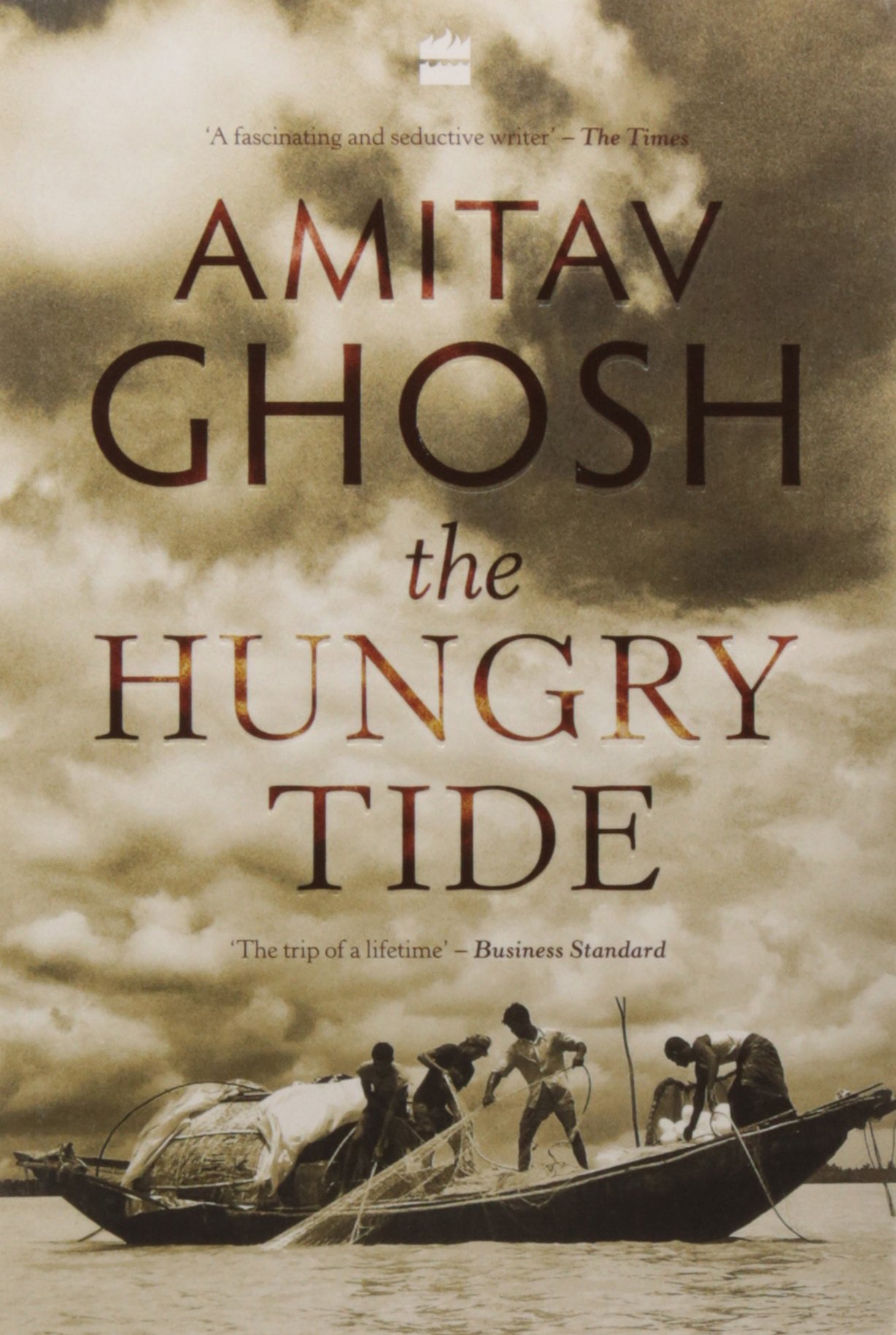
the HUNGRY TIDE
399.00₹ 310.00₹
An Indian myth says that when the river Ganges first descended from the heavens, the force of the cascade was so great that the earth would have been destroyed if it had not been for the god Shiva, who tamed the torrent by catching it in his dreadlocks. It is only when the Ganges approaches the Bay of Bengal that it frees itself and separates into thousands of wandering strands. The result is the Sundarbans, an immense stretch of mangrove forest, a half-drowned land where the waters of the Himalayas merge with the incoming tides of the sea.
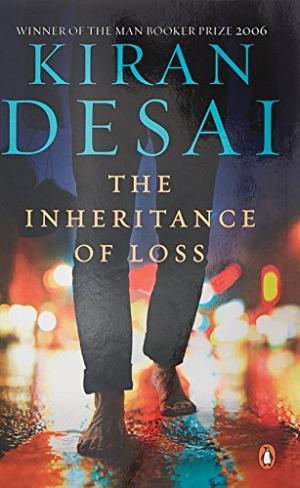
THE INHERITANCE OF LOSS
399.00₹ 310.00₹
The Inheritance of Loss is Kiran Desai’s extraordinary Man Booker Prize winning novel.
High in the Himalayas sits a dilapidated mansion, home to three people, each dreaming of another time.
The judge, broken by a world too messy for justice, is haunted by his past. His orphan granddaughter has fallen in love with her handsome tutor, despite their different backgrounds and ideals. The cook’s heart is with his son, who is working in a New York restaurant, mingling with an underclass from all over the globe as he seeks somewhere to call home.
Around the house swirl the forces of revolution and change. Civil unrest is making itself felt, stirring up inner conflicts as powerful as those dividing the community, pitting the past against the present, nationalism against love, a small place against the troubles of a big world.

GAME OF THRONES
550.00₹ 410.00₹
Full of drama and adventure, rage and lust, mystery and romance, George R.R. Martin’s ‘Game of Thrones: Song of Fire and Ice’ (Book I) is regarded as one of the most intriguing and greatest epic of the modern era. Set in 12, 000BC, the seasons in this epic change after decades and bring with them mystery and death. The epic opens with the winter season fast approaching; though the human are protected and safe within the protective ice Wall of the kingdom, winter has arose the deadly forces that are continuously threatening the identity of the mortal power.
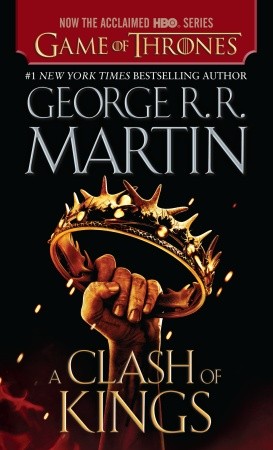
GAME OF THRONES 2 : A CLASH OF KINGS
550.00₹ 410.00₹
A Clash of Kings transports us into a magnificent, forgotten land of revelry and revenge, wizardry and wartime. It is a tale in which maidens cavort with madmen, brother plots against brother, and the dead rise to walk in the night. Here a princess masquerades as an orphan boy; a knight of the mind prepares a poison for a treacherous sorceress; and wild men descend from the Mountains of the Moon to ravage the countryside.
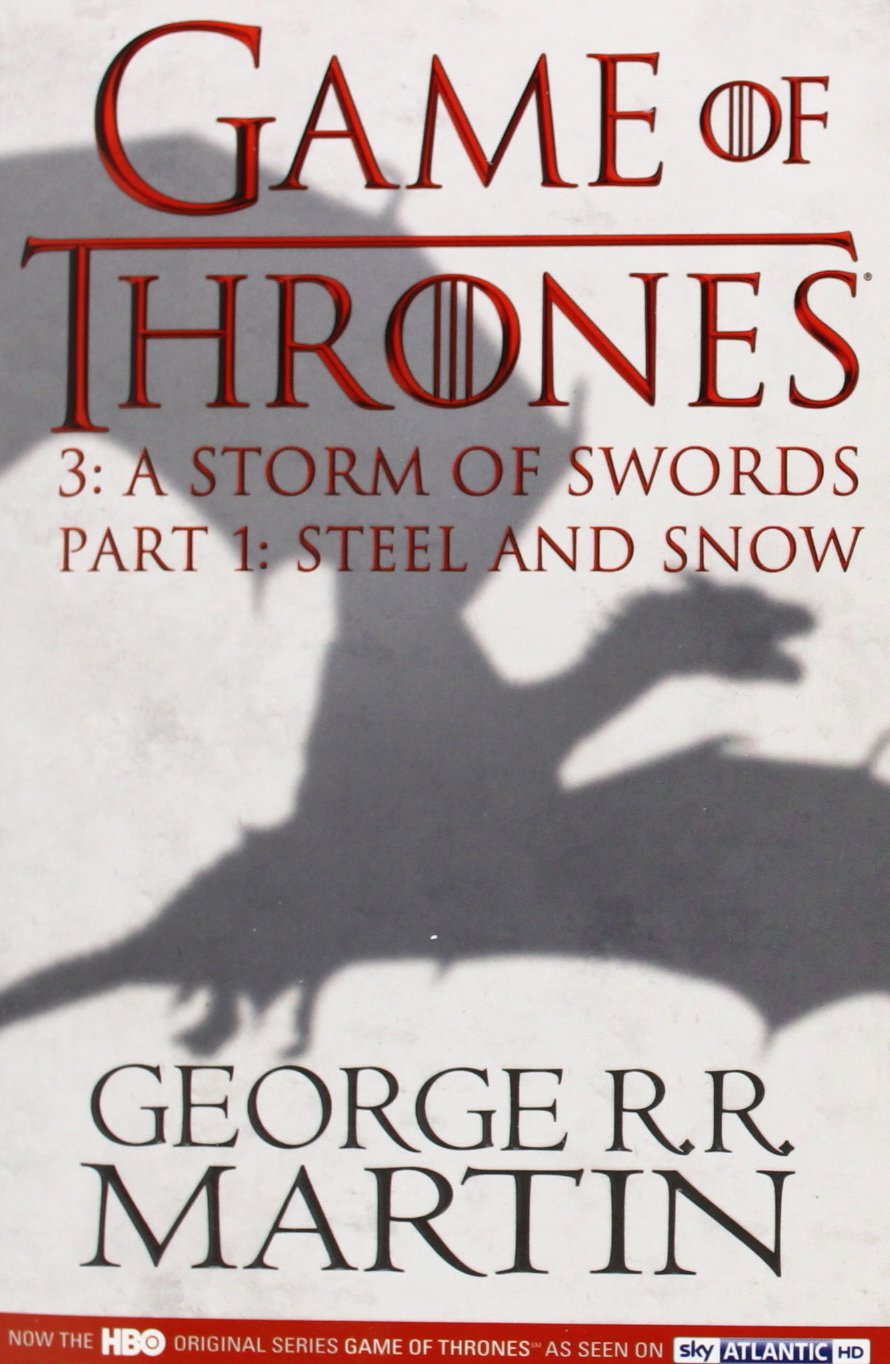
GAME OF THRONES 3 : A STORM OF SWORDS PART 1 : STEEL AND SNOW
550.00₹ 410.00₹
Of the five contenders for power, one is dead, another in disfavor, and still the wars rage as alliances are made and broken. Joffrey sits on the Iron Throne, the uneasy ruler of the Seven Kingdoms. His most bitter rival, Lord Stannis, stands defeated and disgraced, victim of the sorceress who holds him in her thrall. Young Robb still rules the North from the fortress of Riverrun. Meanwhile, making her way across a blood-drenched continent is the exiled queen, Daenerys, mistress of the only three dragons still left in the world. And as opposing forces manoeuver for the final showdown, an army of barbaric wildlings arrives from the outermost limits of civilization, accompanied by a horde of mythical Others—a supernatural army of the living dead whose animated corpses are unstoppable. As the future of the land hangs in the balance, no one will rest until the Seven Kingdoms have exploded in a veritable storm of swords…
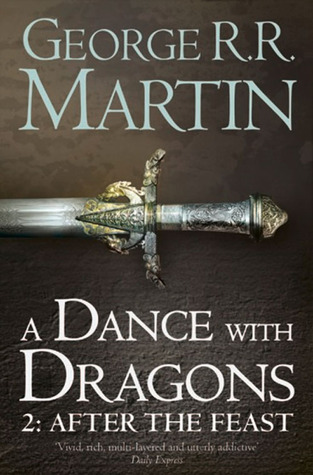
A DANCE WITH DRAGONS 2: AFTER THE FEAST
499.00₹ 380.00₹
The future of the Seven Kingdoms hangs in the balance.
In King’s Landing the Queen Regent, Cersei Lannister, awaits trial, abandoned by all those she trusted; while in the eastern city of Yunkai her brother Tyrion has been sold as a slave. From the Wall, having left his wife and the Red Priestess Melisandre under the protection of Jon Snow, Stannis Baratheon marches south to confront the Boltons at Winterfell. But beyond the Wall the wildling armies are massing for an assault…
On all sides bitter conflicts are reigniting, played out by a grand cast of outlaws and priests, soldiers and skinchangers, nobles and slaves. The tides of destiny will inevitably lead to the greatest dance of all.
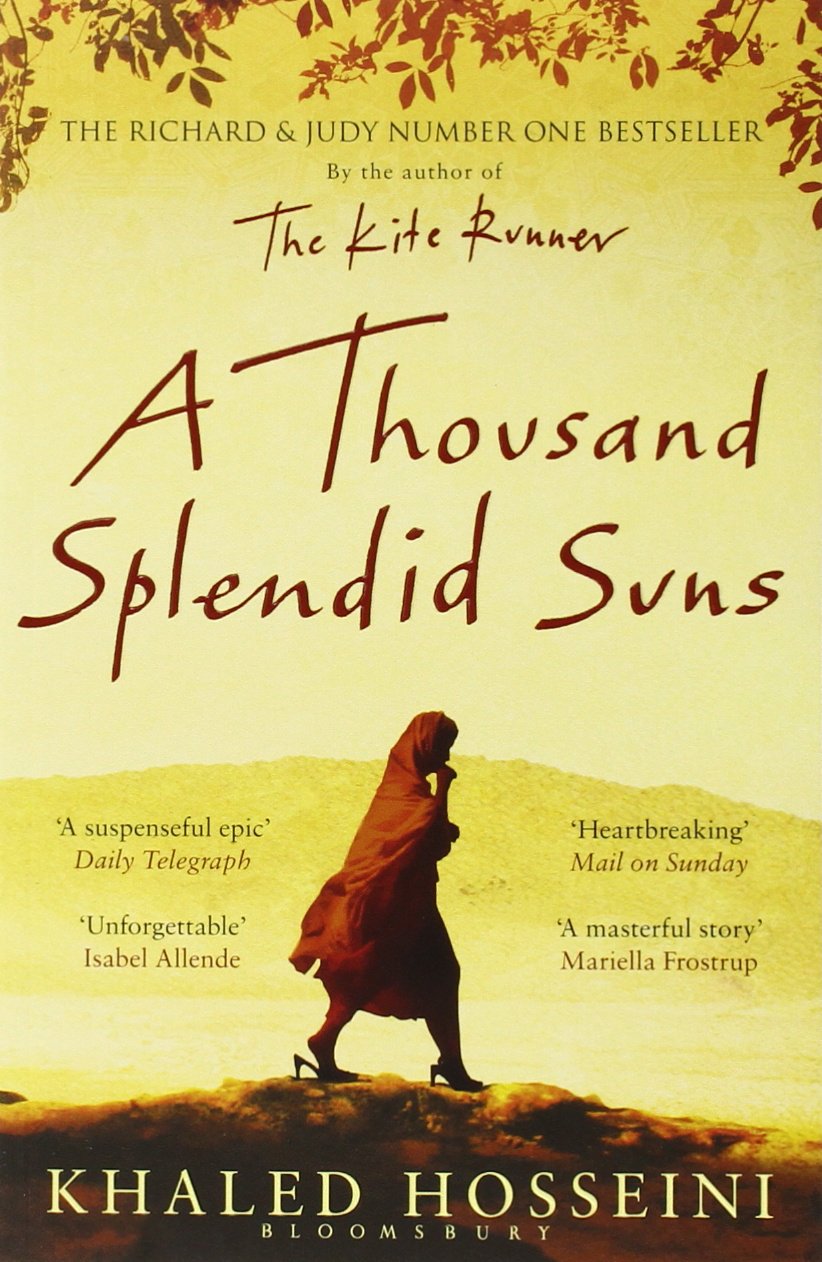
A Thousand Splendid Suns
499.00₹ 380.00₹
At once an incredible chronicle of thirty years of Afghan history and a deeply moving story of family, friendship, faith, and the salvation to be found in love.
Propelled by the same superb instinct for storytelling that made The Kite Runner a beloved classic, A Thousand Splendid Suns is at once an incredible chronicle of thirty years of Afghan history and a deeply moving story of family, friendship, faith, and the salvation to be found in love.
Born a generation apart and with very different ideas about love and family, Mariam and Laila are two women brought jarringly together by war, by loss and by fate. As they endure the ever escalating dangers around them – in their home as well as in the streets of Kabul – they come to form a bond that makes them both sisters and mother-daughter to each other, and that will ultimately alter the course not just of their own lives but of the next generation. With heart-wrenching power and suspense, Hosseini shows how a woman’s love for her family can move her to shocking and heroic acts of self-sacrifice, and that in the end it is love, or even the memory of love, that is often the key to survival.
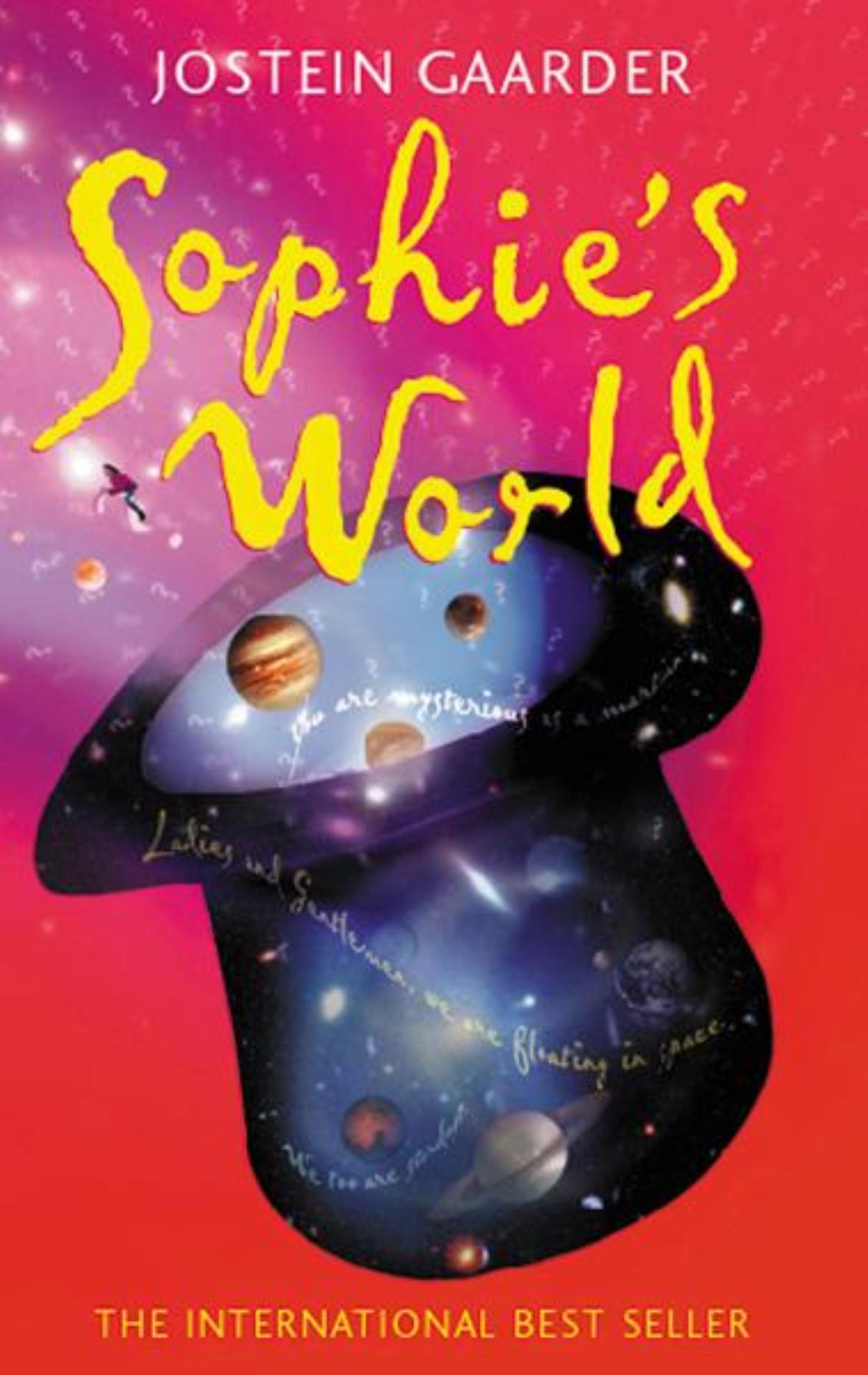
Sophie’s World
499.00₹ 380.00₹
Sophie finds two questions in her mailbox: “Who are you?” and “Where does the world come from?” This is the start of her journey through the history of philosophy, guided by a mysterious mentor. To find the truth, we must understand the questions, but the truth is stranger than Sophie can imagine.
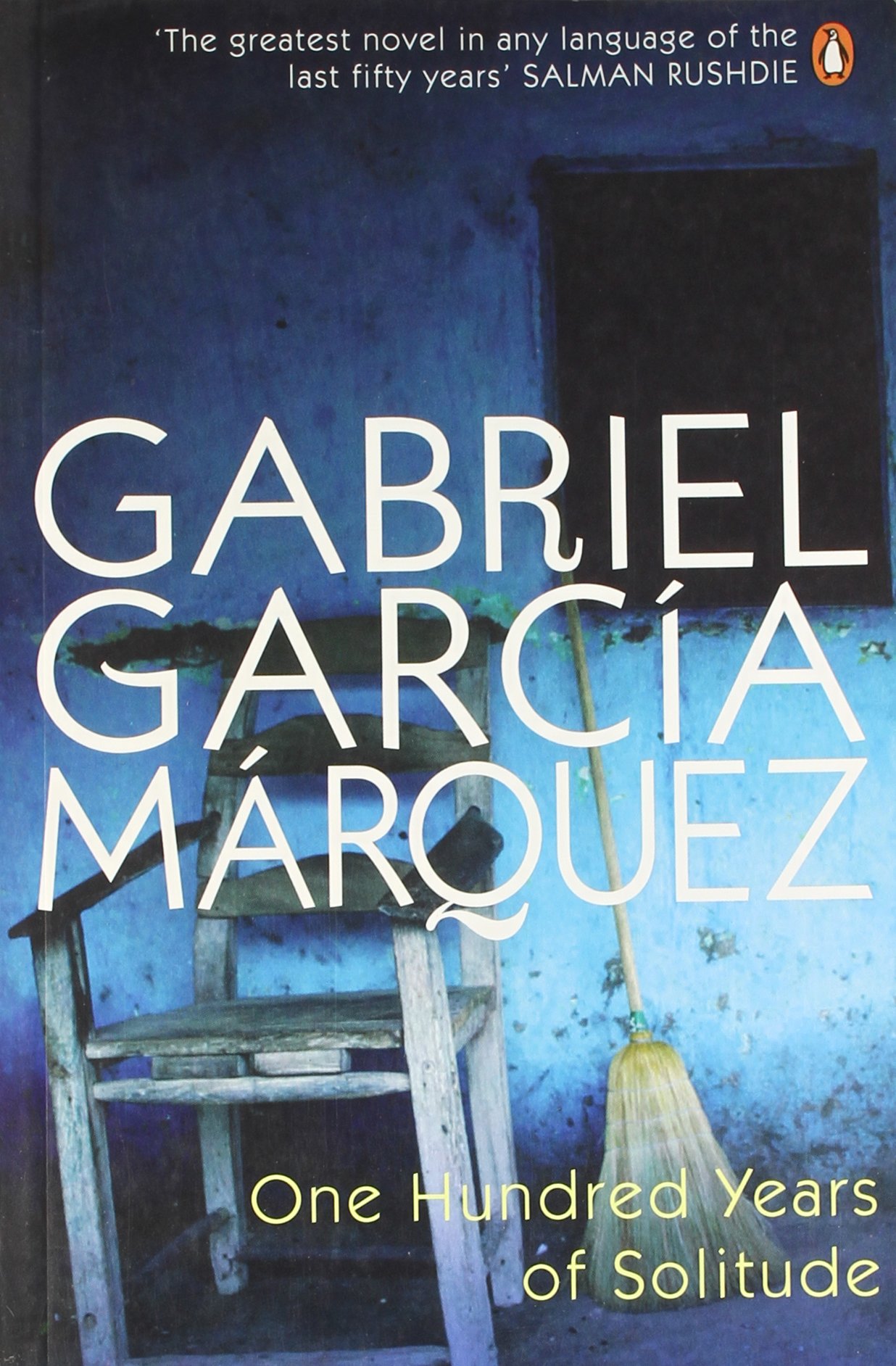
One Hundred Years of Solitude
399.00₹ 310.00₹
The theme of this book is about two families that witness various stages of life over the period of a century. How the protagonist try to come to grips with their past and how this obsessiveness brings about the doom of the family is captured in the novel.
In this book Macondo portrays the new world of United Sates, which appeared more like the Promised Land to so many at one time. But over the course of history it came to be accepted as another illusion.
The book cab be defined as the fine work of a master writer, about work realism. In his imaginary place metaphors and beliefs have become ordinary facts and life has become most uncertain.
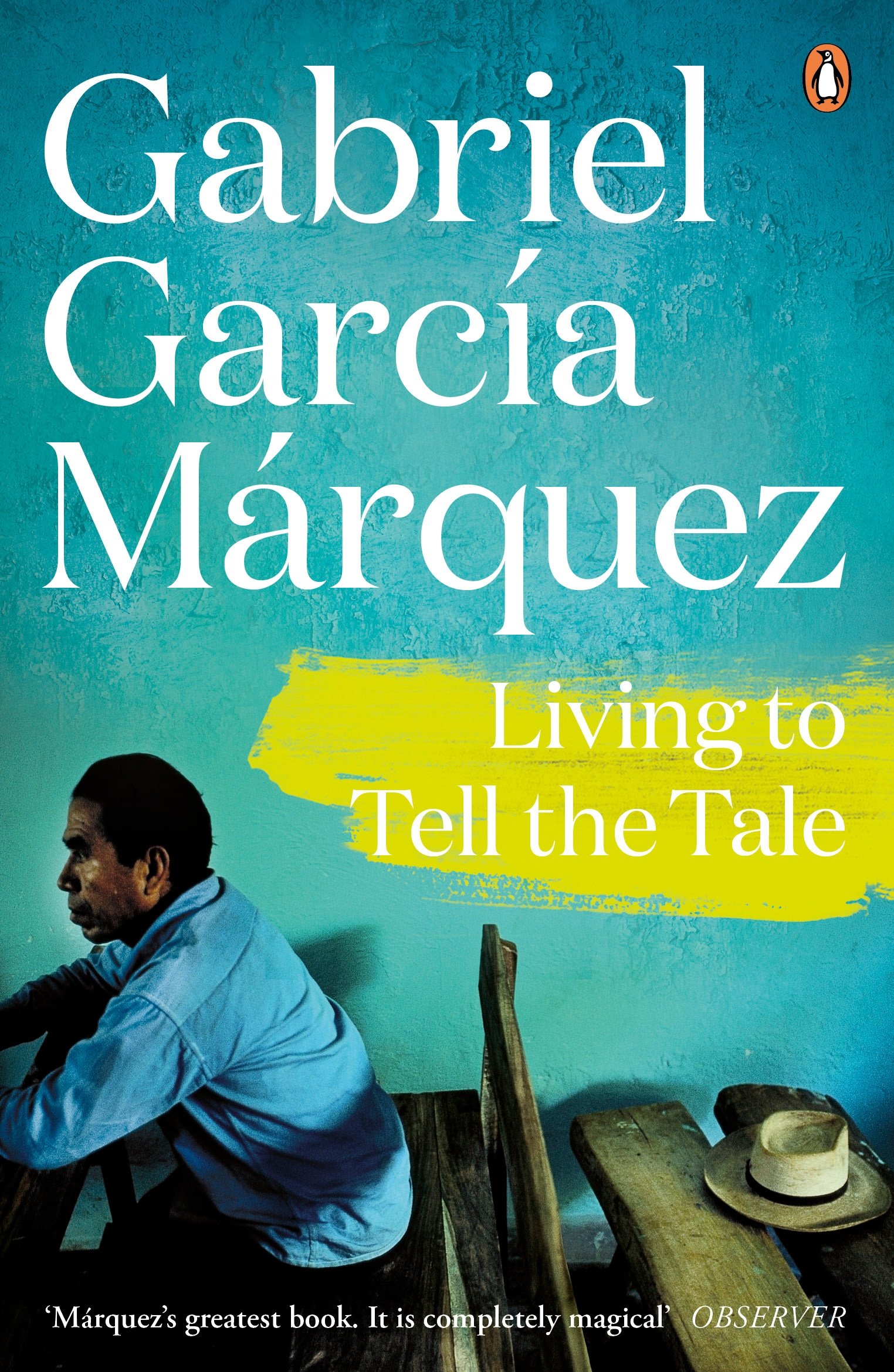
Living to Tell the Tale
599.00₹ 440.00₹
Living to Tell the Tale spans Marquez’s life from his birth in 1927 through the beginning of his career as a writer to the moment in the 1950 s when he proposed to the woman who would become his wife. It is a tale of people, places and events as they occur to him: family, work, politics, books and music, his beloved Columbia, parts of his history until now undisclosed and incidents that would later appear, transmuted and transposed in his fiction. A vivid, powerful, beguiling memoir that gives us the formation of Marquez as a writer and as a man.
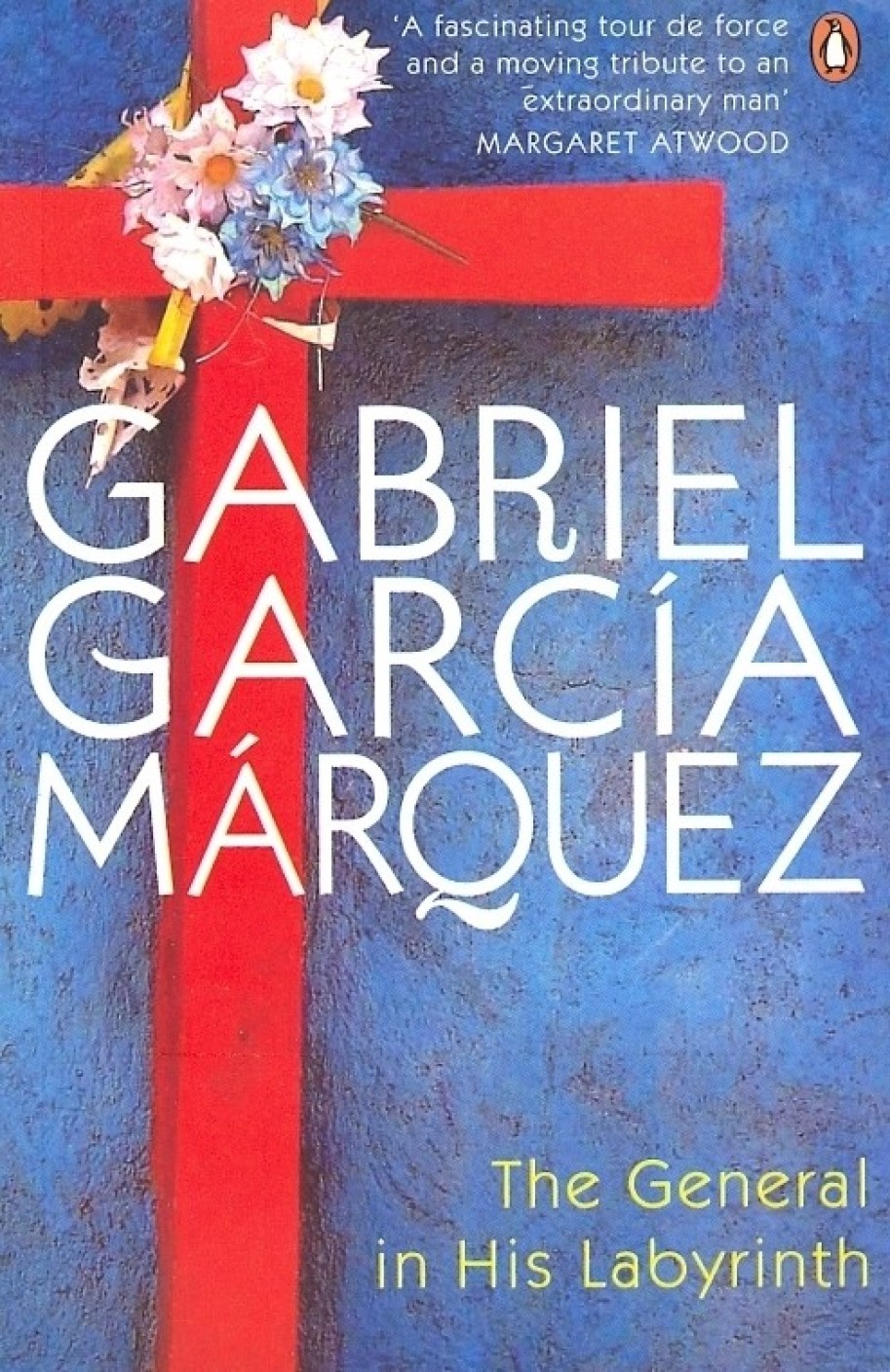
The General in His Labyrinth
399.00₹ 310.00₹
The General in His Labyrinth traces Simon Bolivar’s last journey from Bogota to the Caribbean coastline of Colombia, in his endeavour to leave South America for his exile in Europe. Unlike the usual portrayal of Bolivar as a hero, Garcia depicts a prematurely aged protagonist, who is mentally exhausted and physically ill. The book delves into Bolivar’s life and times through the account of his own memories.

Memories of My Melancholy Whores
399.00₹ 310.00₹
On the eve of his ninetieth birthday a bachelor decides to give himself a wild night of love with a virgin. As is his habit–he has purchased hundreds of women–he asks a madam for her assistance. The fourteen-year-old girl who is procured for him is enchanting, but exhausted as she is from caring for siblings and her job sewing buttons, she can do little but sleep. Yet with sleeping beauty at his side, it is he who awakens to a romance he has never known.
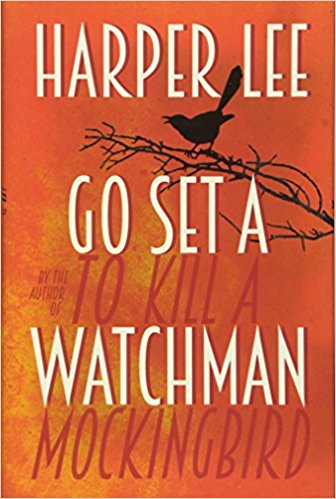
GO SET A WATCHMAN
399.00₹ 310.00₹
Go Set a Watchman perfectly captures a young woman, and a world, in a painful yet necessary transition out of the illusions of the past–a journey that can be guided only by one’s conscience. Written in the mid-1950 s, Go Set a Watchman imparts a fuller, richer understanding and appreciation of Harper Lee. Here is an unforgettable novel of wisdom, humanity, passion, humor and effortless precision–a profoundly affecting work of art that is both wonderfully evocative of another era and relevant to our own times.

Collected Stories
399.00₹ 310.00₹
The twenty-six always compelling, often astonishing, stories in this collection are published in chronological order, so readers can appreciate the Nobel prize-winning writer’s progress from early experimentation, to full-blown magical realism. Each tale is not just a read, but an experience: you join a community in the thrall of a corpse in “The Handsomest Drowned Man in the World”; sail through “The Last Voyage of the Ghost Ship” a five-page story written as a single sentence, and feel your way, blinded, through “The Night of the Curlews”. ‘A single sentence of Garcia Marquez often has more meat to it than many whole novels’ – “Observer”.
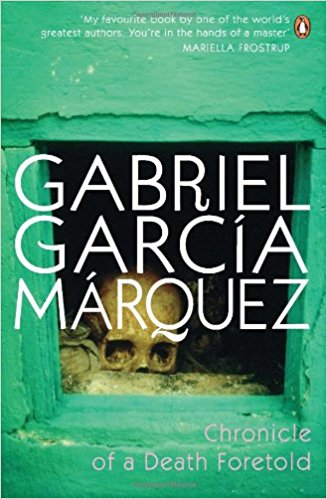
Chronicle of a Death Foretold
250.00₹ 210.00₹
Setting out to reconstruct a murder that took place 27 years earlier, this chronicle moves backwards and forwards in time, through the contradictions of memory and moments lost in time. Its irony gives the book the nuances of a political fable.
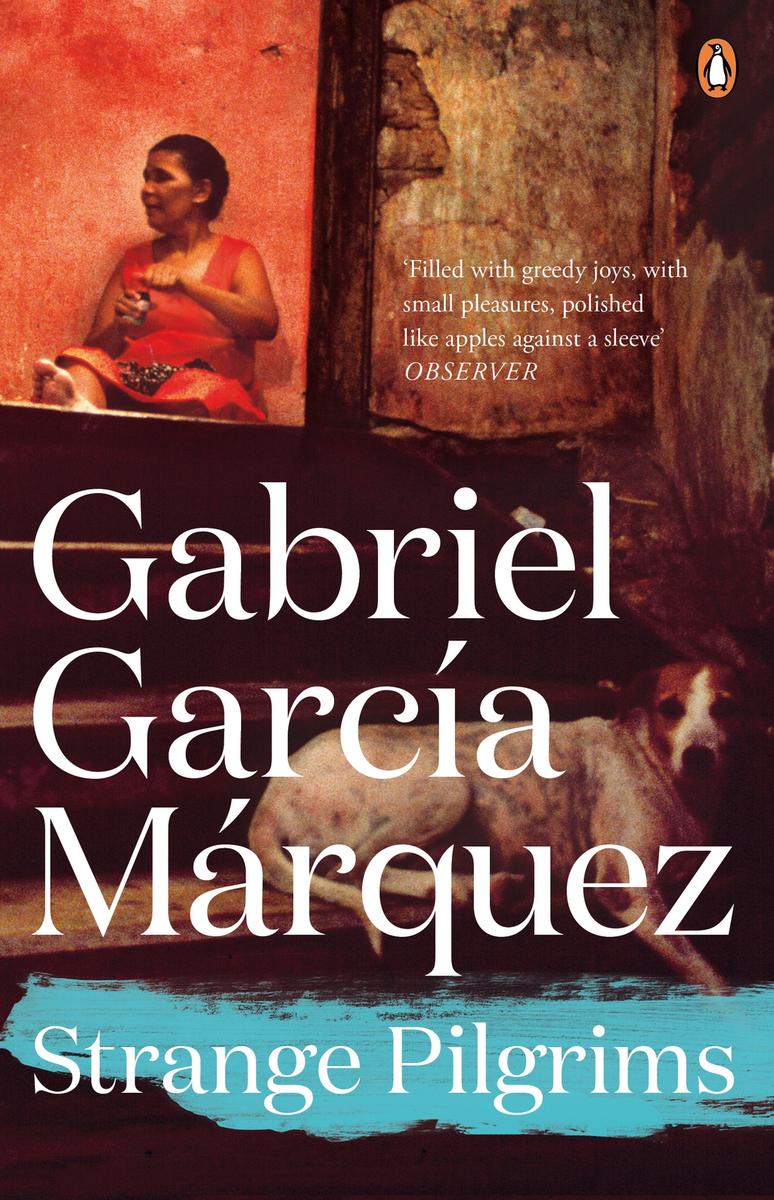
Strange Pilgrims
250.00₹ 220.00₹
This book features twelve stories written between 1976 and 1982. The first story, ‘Bon Voyage, Mr President’, states the general theme of those that follow: Latin American citizens adrift (or trapped) in Europe.
Some of the stories are more fantastical than others. Two of the best are also two of the most kafkaesque: ‘I Only Came to Use the Phone’ and ‘The Trail of your Blood in the Snow’, both of which feature unwilling incarceration in hospitals. The latter story is heart wrenching as well as disturbing and written in exquisite prose.

